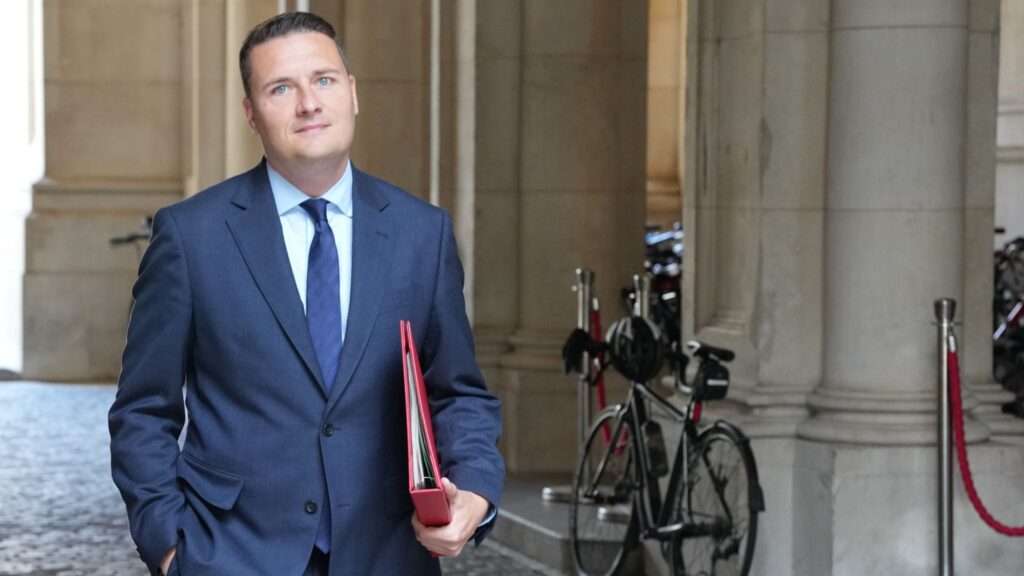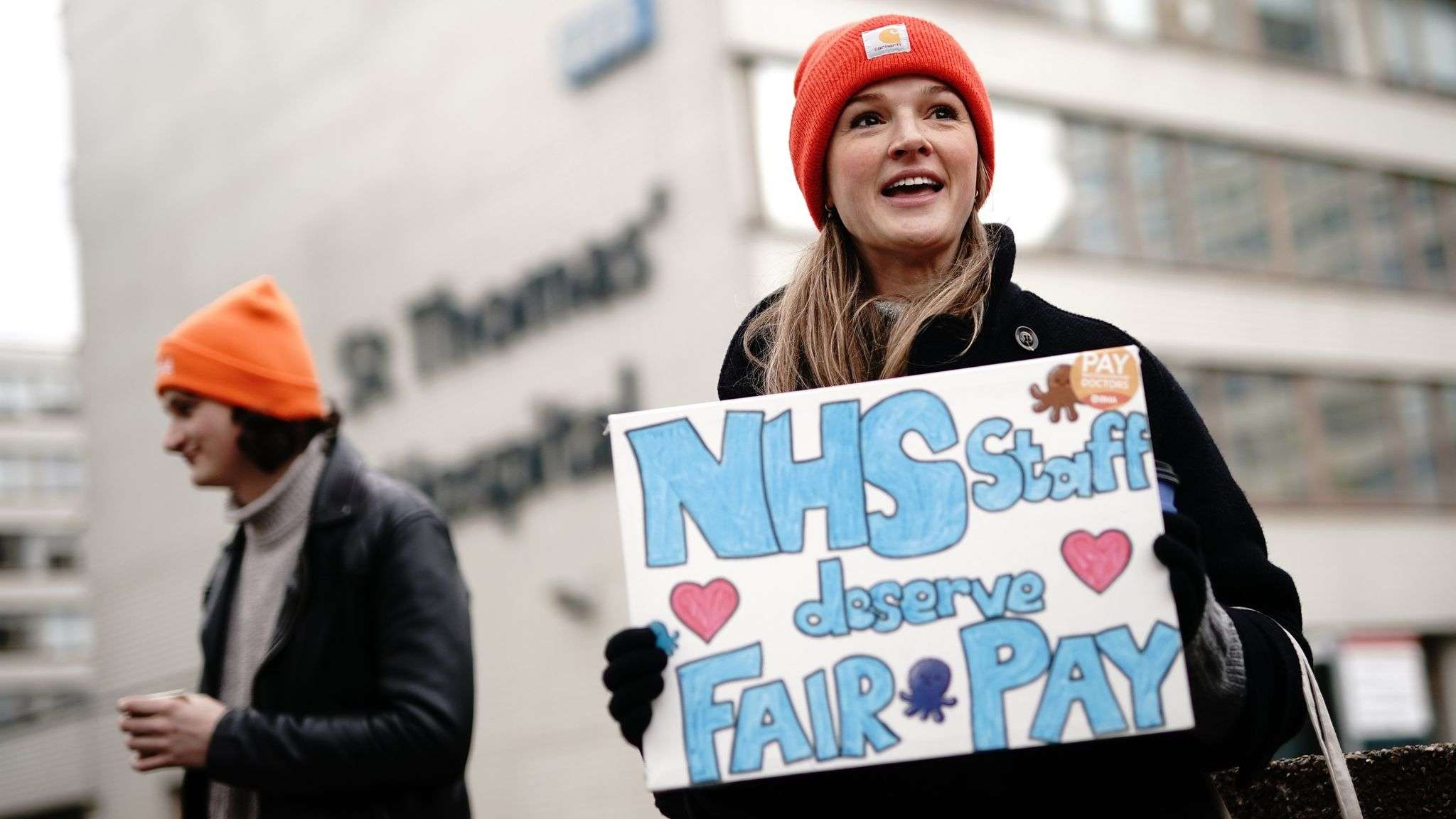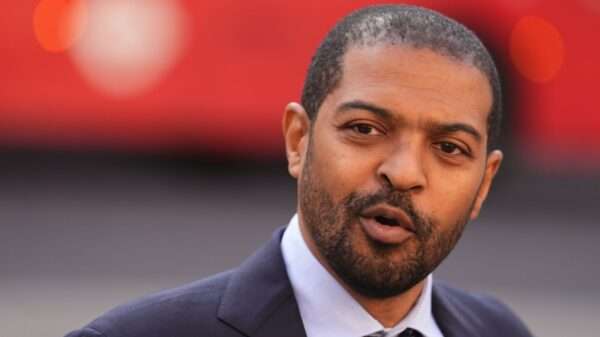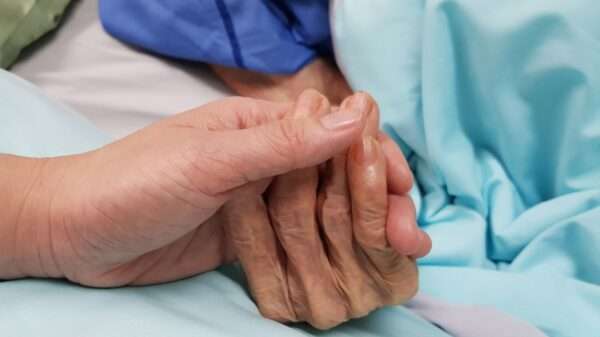The recent announcement of a 22% pay rise offer to UK junior doctors by the government marks a significant development in ongoing labor negotiations. This proposal aims to address the grievances of medical professionals who have been engaged in a series of strikes over pay and working conditions. The British Medical Association (BMA), which represents junior doctors, has been vocal about the challenges faced by its members, citing long hours, inadequate compensation, and the impact of inflation on real wages as key issues.
For several years, junior doctors in the UK have been advocating for better pay and improved working conditions. The BMA has argued that junior doctors’ pay has not kept pace with inflation and the rising cost of living, leading to real-term wage reductions over the past decade. This financial strain, coupled with the demanding nature of their work, has led to widespread dissatisfaction within the profession. The series of strikes, although aimed at pushing for fairer compensation, also highlighted the broader challenges within the National Health Service (NHS), such as staff shortages and resource constraints.
The government’s offer of a 22% pay increase is a substantial move, aimed at both acknowledging the essential role of junior doctors and addressing their concerns. This increase would be implemented in stages, providing an immediate boost to salaries while also setting a precedent for future pay structures. The proposal represents one of the most significant concessions in recent negotiations and could potentially lead to a resolution of the strike actions that have affected hospital services and patient care.

Health Secretary Wes Streeting said he wanted to tackle the junior doctors’ pay issue straight away.
This offer, however, comes with complexities. While the government views the proposed pay rise as a generous and necessary step, there is a need to consider the broader fiscal context. The NHS has been under considerable financial pressure, and any significant increase in wages must be balanced against the budgetary constraints faced by the health service. Moreover, the allocation of funds towards pay rises may impact other areas of healthcare spending, posing challenges for long-term planning and resource allocation.
The reception of the offer by junior doctors and the BMA has been mixed. While some see it as a long-overdue acknowledgment of their hard work and dedication, others feel it does not fully compensate for years of underpayment and the high demands of the job. The BMA has called for a thorough review of the proposal, emphasizing that any agreement must be sustainable and fair, not just a short-term solution. The union also stresses the importance of addressing other issues such as working hours, training opportunities, and job security, which are crucial for the well-being and retention of medical professionals.
The 22% pay rise offer, if accepted, could mark a turning point in the relationship between the government and healthcare professionals. It would not only provide immediate financial relief to junior doctors but also set a precedent for addressing workforce concerns in a structured and equitable manner. However, the negotiation process will require careful handling to ensure that the solution is comprehensive and addresses the root causes of dissatisfaction among healthcare workers.
In conclusion, the government’s offer of a 22% pay rise to UK junior doctors is a critical step towards resolving ongoing disputes and improving working conditions within the NHS. While it offers a potential resolution to the strikes, it also raises questions about the long-term sustainability of such pay increases and the broader financial health of the NHS. As both sides continue negotiations, the focus remains on finding a balanced solution that ensures the well-being of healthcare professionals while maintaining the quality and accessibility of healthcare services for the public.















































